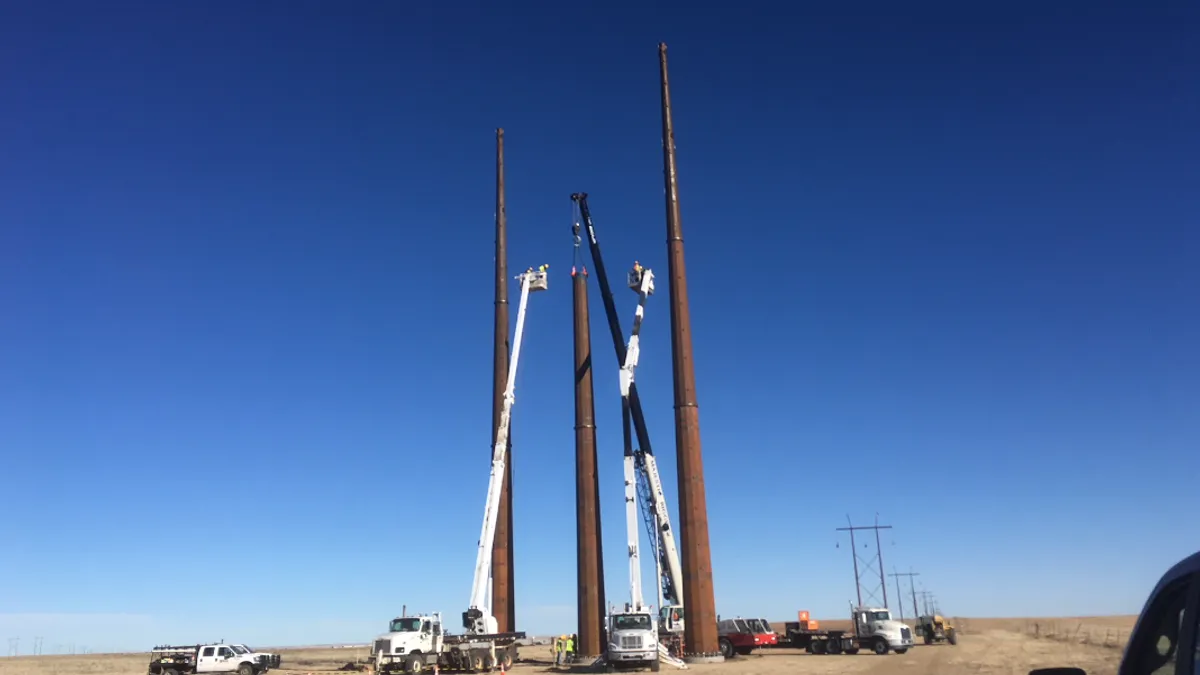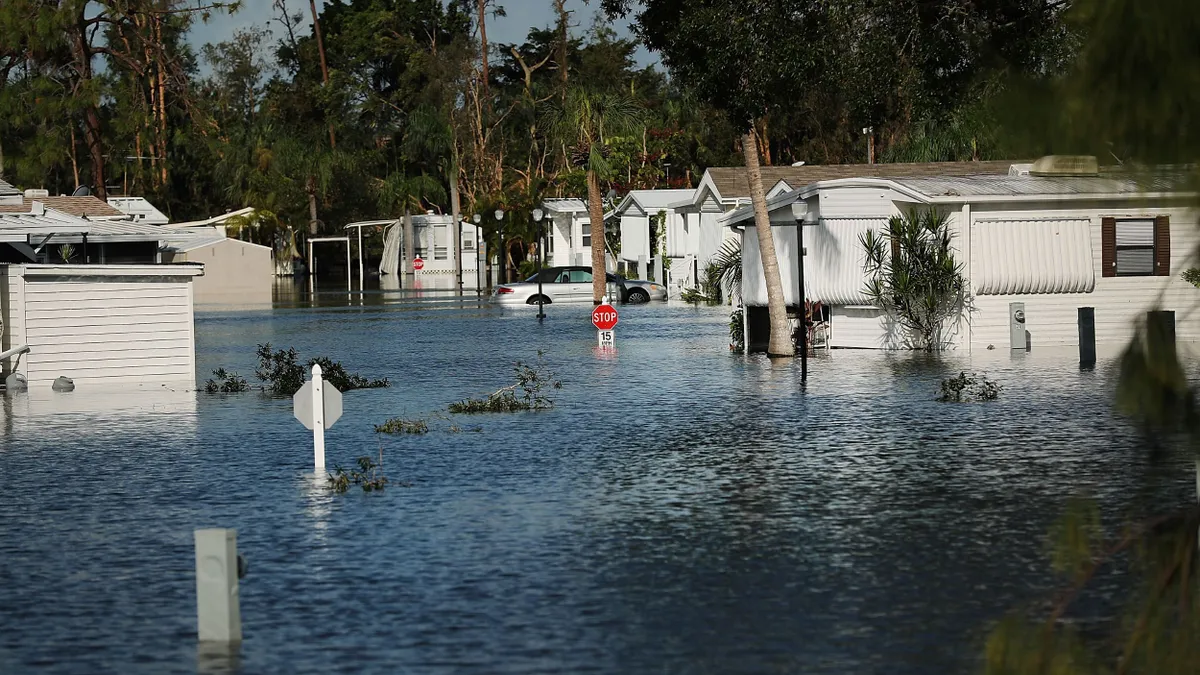The Federal Energy Regulatory Commission should bar Xcel Energy’s Public Service Co. of Colorado from allocating costs from a roughly $2 billion transmission project to certain wholesale transmission customers, according to the Municipal Energy Agency of Nebraska, called MEAN, and three of its municipal utility members.
The municipal utilities, which serve Aspen, Glenwood Springs and Center, Colorado, contend they will receive no benefits from PSCo’s Power Pathway project and therefore shouldn’t pay for any of its costs, MEAN and the utilities said in a complaint filed Friday at FERC.
PSCo’s wholesale transmission customers — including the three utilities — are set to pay for about 20% of the project’s costs, or $400 million, and the utility’s retail customers will pay for the rest, MEAN and the municipal utilities said.
PSCo failed to properly determine the benefits and beneficiaries of the Power Pathway project, failed to properly assign costs to the beneficiaries — including generators who will gain access to the grid through the transmission project — and improperly assigned costs to entities that don’t need or benefit from the project, MEAN and the municipal utilities said.
FERC should require PSCo to revise its Network Service Agreement between the utility and the municipal utilities to remove their responsibility for costs associated with the Power Pathway project, according to the complaint. Or FERC could require PSCo to create a separate cost allocation zone or transmission rate mechanism for Colorado cities that doesn’t include the project’s costs, MEAN and its three members said.
In the first four years under PSCo’s projects, the Colorado cities expect their transmission rates will increase 114% without any benefit to them, according to the complaint.
In addition, the Power Pathway project should be deemed a regional transmission project with its costs shared regionally, including with other Colorado utilities, MEAN and the municipal utilities said.
“The Power Pathway is a poster child for the type of project for which the Commission established required non-discriminatory regional planning and competitive procurement, based on its cost, geographic scope, high-voltage nature, and the likely benefit of the Power Pathway to multiple utilities and their respective ratepayers,” MEAN and the municipal utilities said.
FERC should order PSCo to have the Power Pathway project re-evaluated through WestConnect’s regional planning process, the petitioners said.
PSCo’s cost allocation also ignored a primary beneficiary of the Power Pathway: prospective renewable generators, they said.
“This provides an unjust enrichment to generators and puts an undue and discriminatory burden on transmission customers such as the Colorado cities,” MEAN and the utilities said.
The Power Pathway project includes a 560-mile, 345-kV double-circuit network transmission system between four existing substations and three new substations plus the May Valley-Longhorn Extension, which will include an additional 90 miles of double-circuit 345-kV line between new substations. The Colorado Public Utilities Commission approved the majority of the project in 2022, but it declined to approve the May Valley-Longhorn Extension in a January decision and PSCo has paused its development. The Power Pathway project is expected to provide access to the grid to about 5.5 GW of wind, solar and other resources.
PSCo plans to bring the Power Pathway project online in phases between 2025 and 2027, according to the complaint. It is under construction.
The utility didn’t return a request for comment.
PSCo faces a separate complaint, filed Dec. 22, from Invenergy subsidiaries Salsa Solar Energy and Towner Wind Energy III over the utility’s generator interconnection process. Invenergy contends that PSCo is improperly reserving transmission capacity on its Power Pathway project for the utility’s own unqueued generating resources ahead of Invenergy’s queued generation projects.
“It very much looks like PSCo is trying to advantage its own generation via its control of transmission and the interconnection process,” Invenergy said.
PSCo last month urged FERC to dismiss the complaint, saying it was premature because the utility hadn’t finished the interconnection studies. Also, PSCo said it correctly set aside transmission capacity to serve its native load customers as needed to meet state carbon emission reduction requirements.
Invenergy’s complaint is “speculative,” the Colorado Public Utilities Commission told FERC on Friday. “The Commission should consider the effect on resource adequacy and competitive tension in the resource acquisition process, as well as the incentives for Colorado utilities to continue to invest in new transmission, if PSCo cannot maintain native load levels due to low priority interconnection queues for its replacement generation,” the PUC said.





















